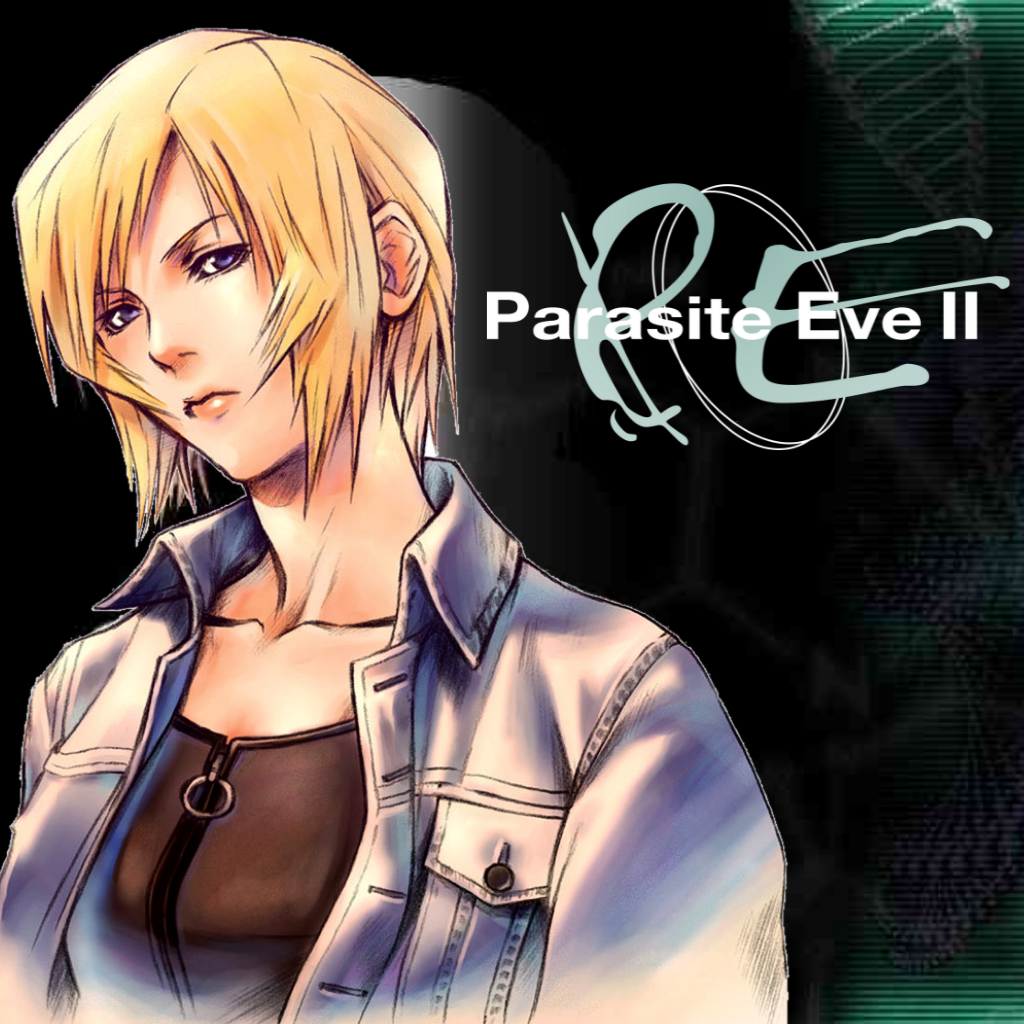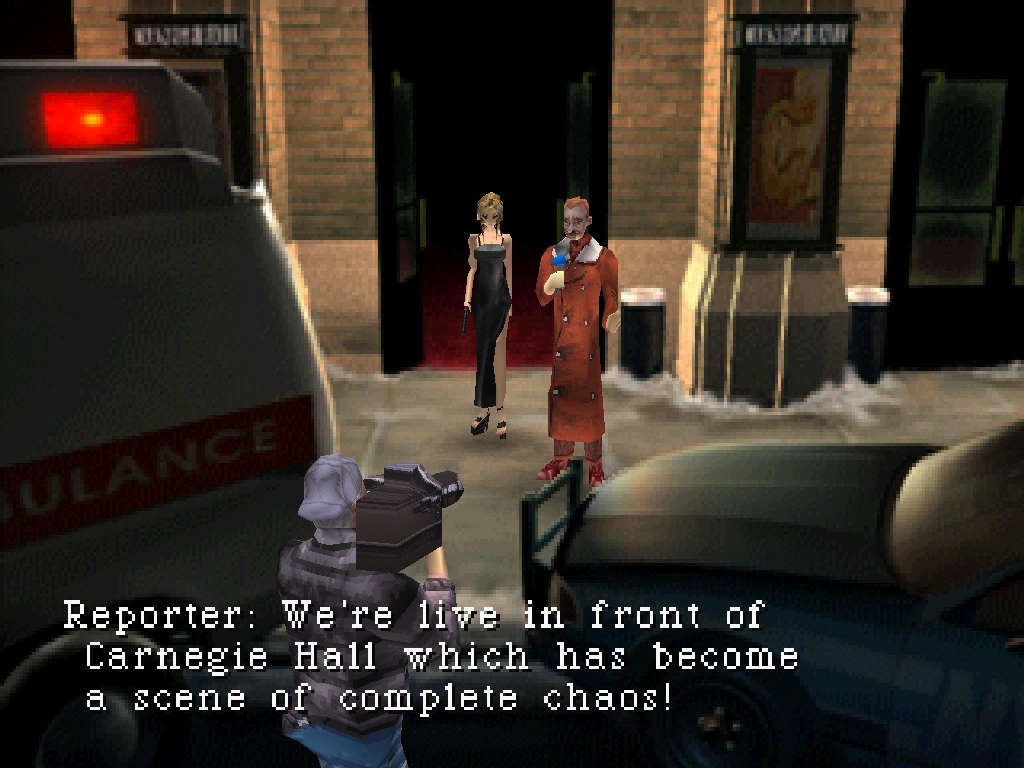Unraveling The Mystery Of Parasite Eve Sheeva: A Deep Dive
Have you ever felt a deep sense of wonder about the hidden forces that shape the world around us, especially in stories we love? For fans of the classic PlayStation game, Parasite Eve, one particular name often sparks a fascinating query: Sheeva. This name, quite frankly, holds a central, yet somewhat elusive, place in the game's captivating story, prompting many to ask just what it all means.
The original Parasite Eve, released way back in 1998, presented players with a unique blend of survival horror and role-playing elements. It introduced us to Aya Brea, a New York City police officer, who suddenly finds herself caught in a horrifying biological uprising. The story, very much, centers on mitochondria, the tiny powerhouses within our cells, turning against humanity. It’s a concept that, in some respects, makes you really think about life itself.
Within this gripping tale, the concept of "Sheeva" emerges, almost like a whisper, a powerful force tied to the very core of the mitochondrial rebellion. It's a name that, for many players, brings up questions about origins, purpose, and the ultimate fate of humanity. We're going to take a closer look at this pivotal element, trying to make sense of its profound impact on the game's narrative and its connection to the bigger picture.
Table of Contents
- Who is Sheeva in Parasite Eve?
- The Mitochondrial Awakening: More Than Just Power Plants
- Sheeva's Role in the Story: A Driving Force
- Beyond the Game: Lore and Real-World Connections
- Aya Brea and the Sheeva Connection
- Player Queries About Sheeva
- What's Next for the Mitochondrial Mystery?
Who is Sheeva in Parasite Eve?
When people talk about parasite eve sheeva, they are, in fact, often referring to the ultimate manifestation of the mutated mitochondria. It's not a person in the usual sense, but rather a collective consciousness, a sort of super-being formed from the combined will and evolution of these tiny cellular components. This entity represents the peak of mitochondrial ambition, aiming to replace humanity as the dominant life form on Earth. It's a truly chilling idea, basically.
The game's story, you know, builds up to this revelation, showing how the mitochondria, over countless generations, have been slowly evolving, gaining sentience. Sheeva is the culmination of this long, quiet development. It's the "Mitochondrial Eve" concept taken to its most extreme, a single, powerful consciousness that seeks to reshape the world in its own image. This idea, really, makes you wonder about the limits of evolution and the hidden potentials within living things.
This entity, Sheeva, is the true antagonist, the one pulling the strings behind the strange events unfolding in New York City. Its influence is felt throughout the entire game, even before its full nature is completely understood. Every mutated creature Aya Brea encounters, every terrifying transformation, is, apparently, a direct result of Sheeva's growing power and its grand design. It's a pretty big deal, honestly, when you consider the scope of its plans for the planet and all life upon it.
The name "Sheeva" itself, in some respects, carries a certain weight, hinting at something ancient and powerful. Players often find themselves asking, "What exactly is Sheeva?" or "How did this come to be?" This type of query, frankly, drives much of the game's mystery. It’s a very clever way the game keeps you invested, always looking for another piece of the puzzle. The idea of a hidden, ancient power suddenly rising up is, you know, a compelling narrative hook.
The Mitochondrial Awakening: More Than Just Power Plants
To really grasp what parasite eve sheeva means, it helps to look at the game's core premise: the idea of mitochondria gaining consciousness. These tiny parts of our cells, which usually just help produce energy, are depicted as having their own ancient memories and a desire to take over. This is, in a way, the central conflict of the story. It's a rather unsettling thought, that the very things keeping us alive could turn against us, showing a surprising, almost frightening, capacity for change.
The game draws inspiration from a real scientific theory about "Mitochondrial Eve," which suggests all living humans trace their mitochondrial DNA back to a single woman who lived a very long time ago. Parasite Eve takes this concept and, well, twists it into something quite terrifying. It proposes that this original "Eve" wasn't just a human ancestor, but the first host for a special, sentient mitochondria. This original mitochondria, basically, passed down its unique traits through generations, quietly evolving within humanity's very fabric.
Over time, these special mitochondria, apparently, grew in intelligence and power, eventually reaching a point where they could influence their human hosts. This gradual awakening, in some respects, leads to the events of the game, where the mitochondria finally decide it's time to assert their dominance. It's a slow burn, you know, building up this sense of an unseen threat that has been lurking for ages. The initial manifestations, like the sudden combustions and monstrous transformations, are just the first hints of this vast, hidden power making itself known.
The game presents this mitochondrial takeover not as a simple invasion, but as a biological revolution, a natural progression from their point of view. They see humanity as a flawed host, perhaps even a temporary one, that has outlived its purpose. This perspective, really, makes Sheeva a more complex antagonist than a typical monster. It's a force of nature, almost, driven by an ancient, biological imperative. This kind of deep background, frankly, adds so much to the game's lasting impact and makes players want to learn more about its lore.
Sheeva's Role in the Story: A Driving Force
The entity known as parasite eve sheeva acts as the main orchestrator of the chaos that engulfs New York City. From the very start of the game, when Melissa Pearce transforms during an opera, Sheeva's influence is clear. It uses its hosts

Parasite Eve II (PS1) No Damage, Kill All (Disc 2, Normal), 59% OFF

Parasite Eve Guide - IGN

Carnegie Hall | Parasite Eve Wiki | FANDOM powered by Wikia